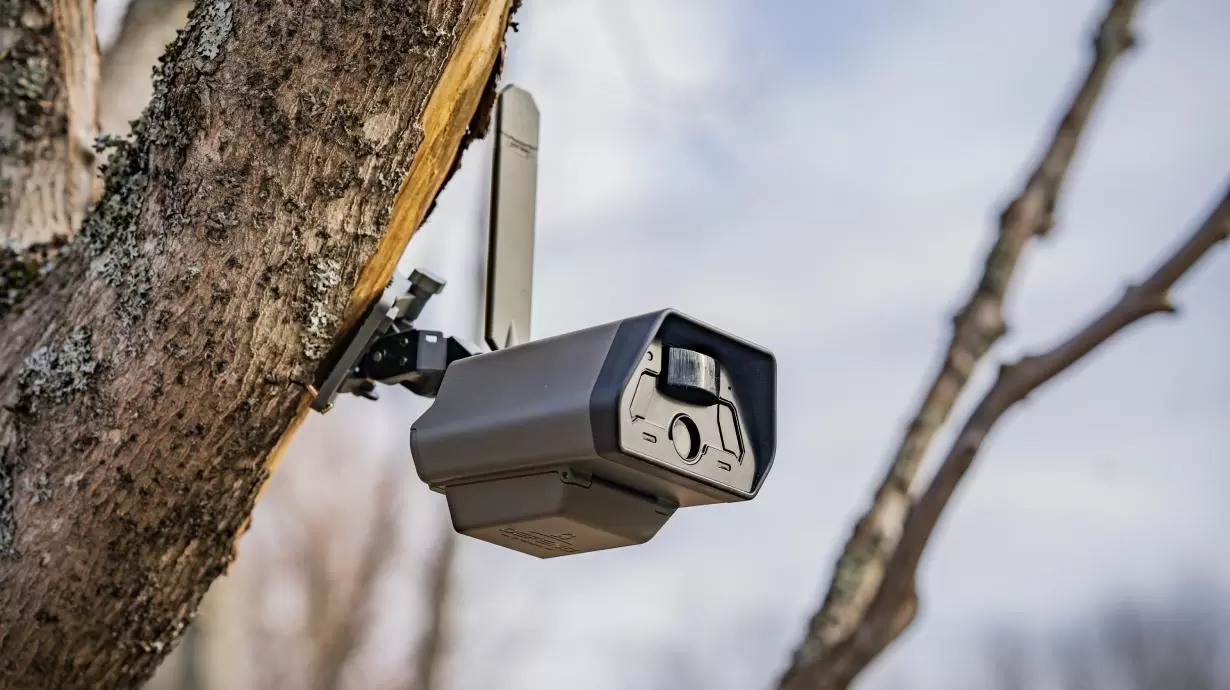Entertainment
Social Experiences Drive Success in Sports Entertainment

HFA architect encourages operators to prioritize face-to-face interaction and surround high-tech games with environments that promote a high-energy, collective experience
BENTONVILLE, Ark., Nov. 7, 2024 /PRNewswire/ — Entertainment operators should surround augmented-reality experiences and other games with physical spaces that promote social fun, advised Matt Tillman (AIA), hospitality + entertainment team lead for HFA Architecture + Engineering.
“The best sports entertainment locations blend cool tech and elevated food-and-beverage offerings with the social experiences that all of us crave,” Tillman observed in a column for Chain Store Age Online.
By contrast, some concepts feel a bit out of balance. “While their proprietary gaming technology is fun and impressive,” Tillman writes, “their brick-and-mortar spaces sometimes function poorly or come across as uninspired.”
In Social experiences are the winning formula in sports entertainment venues, Tillman encourages entertainment operators to prioritize “face-to-face human interaction in well-designed built environments, not pixelated immersion for its own sake.”
Today’s most popular entertainment concepts, he argues, offer in-person, tactile experiences, in many cases alongside augmented-reality (AR) or other simulation technologies that involve golf clubs, pickleball paddles, baseball bats and the like.
Ideally, such gaming experiences should offer a robust social dimension, advises Tillman. The veteran architect has played a central role in HFA concept designs for well-known companies in the sports entertainment, fast-casual dining and arcade/sports bar industries.
“Think of the difference between going into a room alone to play AR tennis, versus doing your best Novak Djokovic impression as your delighted kids watch, laugh and cheer you on,” he writes. “What is the journey like before, during and after that AR experience? After finishing the game, will guests hear cheers and get high fives, or will they find themselves in an empty room staring at blank walls or walking down a lonely hallway to get back to their friends?”
The physical spaces in which tech-interactions occur should feel enhanced, showcased and well-integrated into the overall social experience, Tillman adds.
“You are on the right track if the visual surroundings suggest a natural next step with a social component — for example, sitting down with friends to grab a drink or split some flatbread and relive what just happened.”
He points to Home Run Dugout in Katy, Texas, which boasts 22 simulated batting bays, a restaurant, two bars, a large outdoor patio, a beer garden, live music and a field where guests can gather for group activities or play the likes of Wiffleball, kickball or spikeball.
The batting bays are about 20 feet away from ball-catching canvases with venue images projected onto them. Home Run Dugout could have located these batting bays away from the bar and restaurant, Tillman notes, but the HFA design team suggested placing them all around the main bar.
“The practical effect was to raise the energy level in this critical, revenue-driving part of the building,” Tillman explains. “Even non-players who come out to eat and drink with friends can feel the energy and excitement created by sluggers in the bays. They might even be tempted to take a few swings themselves.”
He offers additional tips in the piece on efficiently locating technical equipment, catering to a wider array of patrons, and staying true to your core identity.
On that latter point, even if the entertainment operator wants to be family-friendly, “it is not necessary to turn the concept into a ‘family fun center,'” Tillman writes. “Staying true to your core identity could mean saying no to things like playgrounds, cartoon murals or other amenities that run counter to your aesthetic and vision.”
And while local baseball enthusiasts love the gaming areas at Home Run Dugout, non-gamers are flocking to the Katy location’s semi-conditioned beer garden, which has become a neighborhood hangout.
“Not everyone who comes to your space does so to power-serve pickleballs or nail penalty kicks in a simulated World Cup final,” Tillman concludes. “Play the long game by making sure your patrons have a satisfying, well-rounded experience that will keep them coming back for years to come.”
The full article is available at:
https://chainstoreage.com/social-experiences-are-winning-formula-sports-entertainment-venues
About HFA Architecture + Engineering: HFA is a nationwide architecture and engineering firm with offices in Bentonville, AR, Fort Worth, TX, Franklin, MA, Springfield, MO, and Mexico City. With over 30 years of experience, HFA has become a trusted partner for a diverse range of clients, providing comprehensive services that combine design innovation and project delivery excellence. The studio’s portfolio includes commercial projects in retail, industrial, mixed-use/office, restaurants, healthcare, hospitality and entertainment spaces. To learn more about HFA and their work, visit https://www.hfa-ae.com/
Media Contacts: At Jaffe Communications, Elisa Krantz, (908) 789-0700, [email protected]
SOURCE HFA Architecture + Engineering
WANT YOUR COMPANY’S NEWS FEATURED ON PRNEWSWIRE.COM?
440k+
Newsrooms &
Influencers
9k+
Digital Media
Outlets
270k+
Journalists
Opted In









